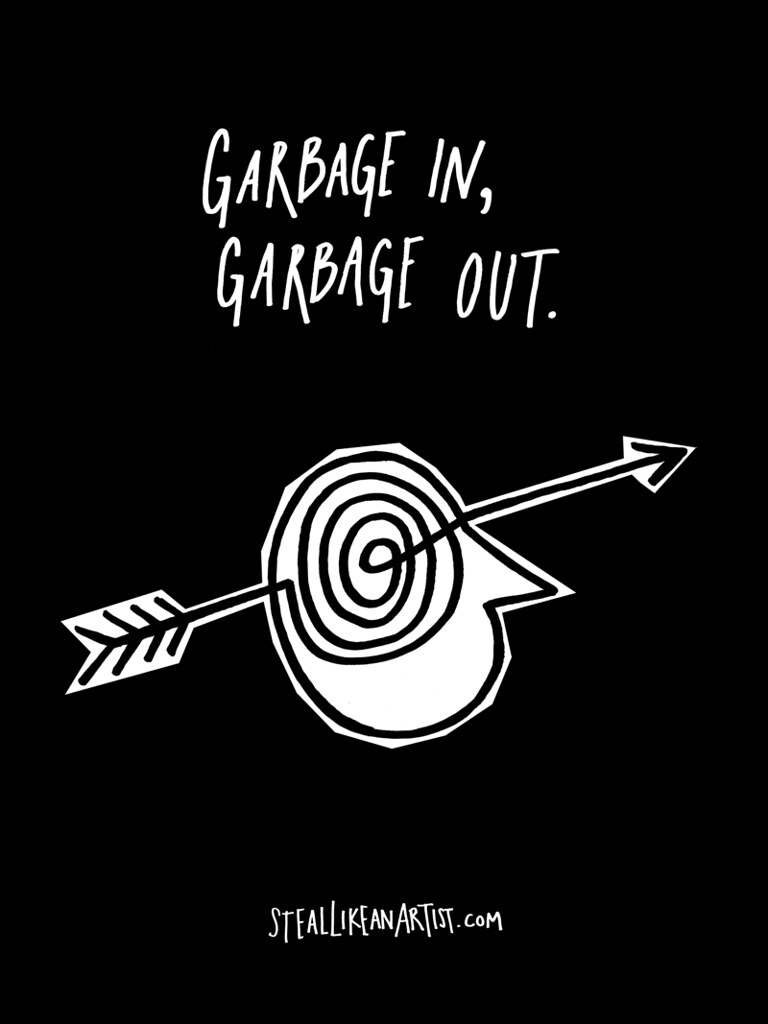Remember your success will be determined by your vocabulary which is determined by your reading...
Please consider doing the following:
2. Check out this article: These Apps Help You Realize How Much Time You Waste On Your Phone
3. Read with your iPhone on "Airplane Mode"
1. Wean yourself from digital devices.
• Allow yourself to check all digital communications, but then shut everything down and silence your phone.
• Set an alarm for 15 minutes.
• When it rings, give yourself one minute for a tech check-in.
• Repeat this process until you’re comfortable increasing your off-grid time to an hour or several hours.
2. Take breaks every 90 minutes.
Our brains work in 90-minute rest-activity cycles, so we need to pause and recharge every hour and a half or so. This is especially true if we’re multitasking with technology, which leads to cognitive overload.
The following activities have a calming effect and will give your brain the break it needs:
• Walk in nature for 10 minutes.
• Listen to music.
• Look at art.
• Exercise.
• Meditate.
3. Keep technology out of your bedroom.
The National Sleep Foundation (NSF) and Mayo Clinic agree that the use of blue-light-emitting LED devices is detrimental to sleep—a critical period that cements what you learned during the day, while removing useless information.
So try their recommendations for unplugging to see what works best for you.
The goal is to block the release of neurotransmitters that energize your brain and instead promote the production of melatonin, which allows you to rest.
THE NSF’S APPROACH - Abstain from devices starting one hour before bedtime.
MAYO CLINIC’S APPROACH
• Dim screens used at night.
• Keep screens 14 inches from your face.
• Remove screens from the room when you’re ready to sleep.
Listen to Note to Self Podcast: "Screens Really are a Nightmare for Sleep"
May we suggest a holiday activity for the family? Sleep... without screens. (Dec 24, 2014)
4. Read old school paper books (with a pen/pencil to annotate and to use as a reading guide).
Recommended listening - about reading:
From Note to Self Podcast:
"There's Just Something About Paper"
Reading on screens is changing your brain and making it harder to finish a thick book. Here's what to do about it. (Jun 10, 2015)
"The 'Bi-literate' Brain: The Key to Reading in a Sea of Screens"
How should you read? Paper or screen? Your brain wants to choose one. Switching back and forth may not be effective. That is, unless you can develop your 'bi-literate' brain. (Sep 17, 2014)
"The Case for Infomagical"
All of the information you need about information overload. (Jan 25, 2016)
"A Neuroscientist’s Guide to Getting Organized (Plus: Survey!)"
If you had to guess, how many facts have you taken in today? Dr. Daniel Levitin says it's probably way too many to process. (Jan 6, 2016)
From The PBS NewsHour:
"Your devices are probably ruining your productivity. Here’s why"
The habit of multitasking could lower your score on an IQ test and cause other cognitive deficits. (Oct 17, 2016)

No comments:
Post a Comment